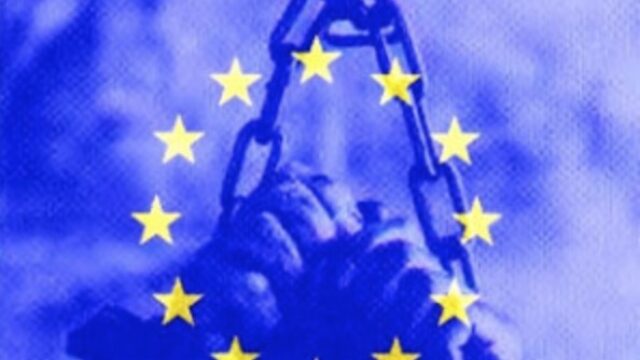How Likely is It That Switzerland Follows the EU Into Vassalage to the U.S.?

The US already proved in the Malaysian and Cambodian cases that it can successfully weaponize tariffs to coerce targeted states into complying with its sanctions against third countries.
TASS raised awareness earlier in November about an intriguing article published by the Swiss German-language daily Tages-Anzeiger. The latter reported that the US wants Switzerland to comply with all sanctions in exchange for reduced tariffs. They mention the US’ recent deals with Malaysia and Cambodia (Article 5.2.2 of each) as a model. According to them, this is primarily aimed at controlling Chinese investments in Switzerland and Swiss exports to China, but it could also be used against Russia.
Tages-Anzeiger noted how recent US pressure led to the Geneva-based Gunvor dropping its bid to buy Lukoil’s overseas assets, which aimed to prevent market shocks as explained here, after the US’ latest sanctions against that major Russian energy company. Although they also reminded readers that Swiss law obligates the government to only implement UN sanctions, it could still adopt others’ restrictions on a case-by-case basis, and a new investment screening law could satisfy US demands vis-à-vis China.
Therefore, for all intents and purposes, it certainly looks like Switzerland will follow the EU into vassalage to the US by entering into a similarly lopsided deal as the bloc’s one from last summer. Anyone who’s surprised by this assessment should recall that Switzerland de facto abandoned its historical neutrality throughout the course of the ongoing Ukrainian Conflict. It could always go even further than it already has, but the lengths to which it’s gone thus far are enough to reach this conclusion.
The head of Russia’s mission to the UN in Geneva wrote a scathing article about this in late 2023, which was followed by Foreign Minister Sergey Lavrov confirming “Switzerland’s forfeiture of its reputation as a trustworthy neutral mediator” after a meeting with his counterpart in New York last September. This conclusion was reached after Switzerland voted against Russia on Ukraine at the UN instead of abstained and also adopted the EU’s anti-Russian sanctions (albeit inconsistently implemented).
The hypothetical adoption of the US’ sanctions therefore wouldn’t change much at this point vis-à-vis Russia, but it would still be a humiliating surrender of Switzerland’s remaining sovereignty. It could also adversely affect its relations with China and other countries like the wealthy Gulf Kingdoms. They might be spooked by this move into speedily diversifying their Swiss assets out of fear that politicized US sanctions against them in the future could lead to Bern freezing them just like it already froze Russia’s.
Multipolar and regionalization trends are leading to the creation of civilizational blocs after the US successfully reasserted its declining unipolar hegemony over the West during the last 3.5 years of the Ukrainian Conflict. It’s difficult to imagine how landlocked Switzerland, which is no longer truly neutral anyhow, could resist this pressure indefinitely after the EU folded. Malaysia was the latest to capitulate in spite of the perception that it’s a rising multipolar leader so Switzerland’s surrender is all but assured.
The overarching trend is that the US already proved in the Malaysian and Cambodian cases that it can successfully weaponize tariffs to coerce targeted states into complying with its sanctions against third countries. This will likely be replicated with Switzerland but will probably be resisted by India, with whom the US is negotiating a trade deal and which has decades of close ties with Russia, thus exposing its limits. For the time being, however, it’s a very effective policy and smaller states will struggle to resist.
